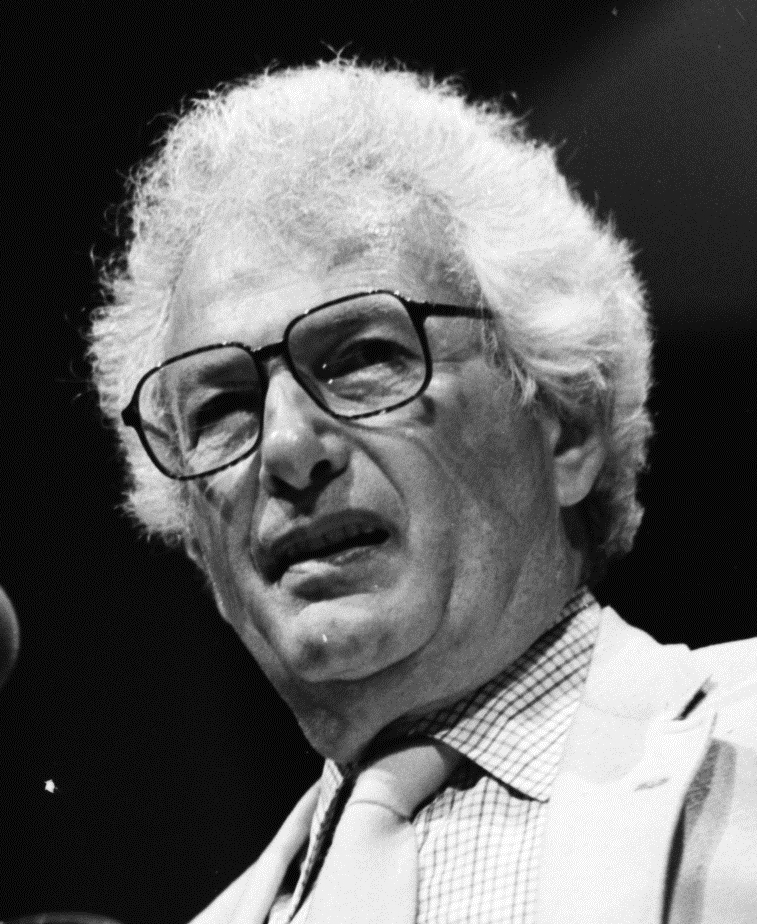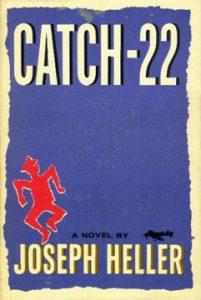Character
By Lucia Valente, October 2019
https://en.wikipedia.org/wiki/Joseph_Heller
Quote of the day… “It was miraculous. It was almost no trick at all, he saw to turn vice into virtue and slander into truth, impotence into abstinence, arrogance into humility, plunder into philanthropy, thievery into honor, blasphemy into wisdom, brutality into patriotism, and sadism into justice. Anybody could do it; it required no brains at all. It merely required no character.” ~Joseph Heller, Catch-22
Recently I read an article about Joseph Heller’s famous book Catch-22. Written in the 1950’s after the Second World War, it depicts the absurdity of bureaucracy that governs soldiers’ lives. When reading the above quotation, it reminds me that we live in this ‘Orwellian’ world today; a world of ‘alternative facts.’ Yet, I believe that character and integrity are still the moral foundations of a just society. Everyday we have to fight for them in all that we do; within our imperfections, we still have to strive
There are many themes in the book such as individual choice; power in the face of the vast military engine; Catch-22, in essence, is an anti-war novel. And Heller wrote it before the Vietnam War when anti-war sentiment came to the fore in the US. Prior to the Vietnam War, most Americans would have been positive about the US engaging in war – specifically WWII. Heller shows how a powerful bureaucracy – out of touch with the soldiers on the ground – makes decisions that cost countless lives, needless death and mayhem. Arbitrary decisions are made and continue to put soldiers’ lives at risk for no other reason than to feed the ego of ambitious officers. The number of missions continue to increase for the purpose of serving individual officer’s power over the men and at the expense of soldiers’ lives.
The protagonist, Yossarian, does not want to go on any more missions as the number of missions continue to increase. The novel closes with Yossarian arrested for being off the base without a pass. He is given a choice. He can either face a court-martial or be released and sent home with an honorable discharge. There is only one condition: in order to be released, he must approve of and state his support for the policy, which requires all the men in the squadron to fly eighty missions. Although he is tempted by the offer, Yossarian realizes that to comply would be to endanger the lives of other innocent men. He chooses another way out, deciding to desert the army and flee to neutral Sweden. In doing so, he turns his back on the dehumanizing machinery of the military, rejects the rule of Catch-22, and strives to gain control of his own life.
Catch-22 has become a term used when we find ourselves in a situation where there appears to be no clear answer; no honourable choice with the options presented.
Heller’s message is that it is risky and costly to take the honourable action; to take the choice that is ‘the path less travelled.’ The choice that may not be the best for us individually, and yet it the best for us as moral beings – the choice that shows our character.


